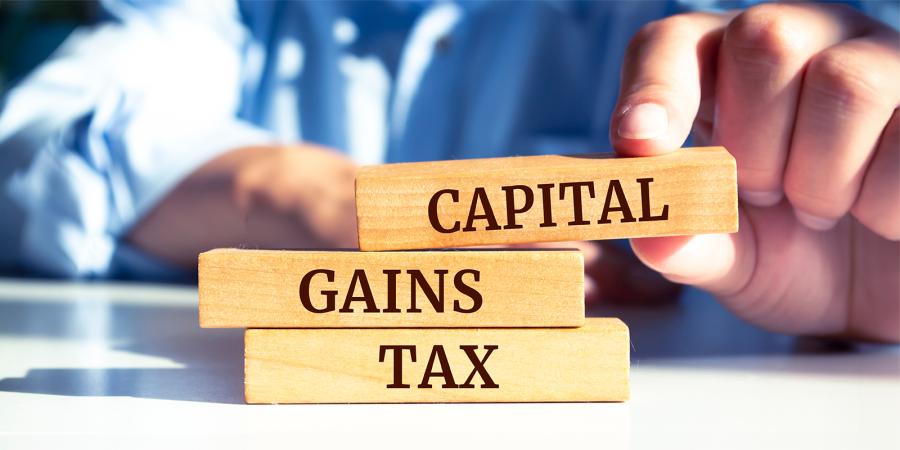



Selling a residential property in London — whether a buy-to-let, second home, or investment unit — can yield substantial profit. However, it also brings with it a potentially significant tax bill: Capital Gains Tax (CGT). If you’re a UK or overseas-based property owner, understanding CGT is crucial to calculating your true net gain, complying with HMRC, and planning your exit strategy effectively.
At Fraser Bond, we support sellers through every stage of the property lifecycle — from acquisition and management to disposal — offering expert guidance and introductions to trusted tax professionals when needed. Here’s what you need to know about CGT on selling property in London.
Capital Gains Tax is a tax on the profit (gain) made when you sell or dispose of a property that has increased in value. It’s not the sale price that’s taxed — it’s the difference between your purchase cost and the sale proceeds, after deducting allowable expenses.
Buy-to-let properties
Second homes
Inherited properties sold at a gain
Overseas investors selling UK property
Primary residences (main homes) are usually exempt under Private Residence Relief, unless the property was partially let or used for business.
UK Residents – Pay CGT on gains from second homes, rental properties, and investment units.
Non-UK Residents – Must also pay CGT on UK property sales and report within 60 days via the HMRC online service.
Fraser Bond assists overseas landlords with navigating UK tax rules and ensuring full compliance.
Capital Gain = Sale Price – (Purchase Price + Allowable Costs)
Allowable costs may include:
Stamp duty paid on purchase
Solicitor and estate agent fees
Costs of improvements (not maintenance)
Certain legal or planning fees
For 2024/25, individuals receive an annual tax-free allowance of £6,000.
CGT on residential property is charged at:
18% for basic rate taxpayers
28% for higher or additional rate taxpayers
The rate applies to the portion of your gain that falls within each tax band.
CGT is higher for residential property than for other asset types — accurate calculation and planning are key.
If you're selling a UK residential property, you must:
Report and pay CGT within 60 days of the sale completion date via the HMRC online system (even if you're a UK resident).
Use the Self Assessment tax return for additional reporting (if applicable).
Late filings or payments may result in interest and penalties.
Available on your main home, reducing or eliminating CGT liability — especially useful if the property was once your main residence before being let.
Available in some cases where the property was your main home and then let, but eligibility has tightened post-April 2020.
Selling jointly with a spouse may double your annual CGT allowance (£6,000 × 2 = £12,000).
Companies pay Corporation Tax on gains instead of CGT, currently at 19–25%. This may be more tax-efficient depending on your situation.
Sophisticated investors sometimes use trusts, pensions, or roll-over relief strategies for long-term planning, but these require specialist advice.
Non-UK residents selling London property must:
File a Non-Resident Capital Gains Tax Return within 60 days
Pay CGT on gains accrued since April 2015 (or 2019 for commercial property)
Consider using a UK-based solicitor or agent to ensure smooth processing
Fraser Bond supports overseas sellers through our international landlord service, liaising with local tax advisers and solicitors.
While we do not provide tax advice, Fraser Bond:
Assists with pre-sale planning and asset exit strategies
Provides accurate property valuations and market appraisals
Connects clients with trusted tax advisers and accountants
Manages end-of-tenancy, refurbishments, and compliance to prepare the asset for sale
Offers full sales and marketing support to secure the best exit price
Selling a London property can deliver a significant financial return — but Capital Gains Tax can erode profits if not properly understood and planned for. Whether you're a domestic landlord, an overseas investor, or a developer exiting an asset, early awareness of your tax liability ensures smoother transactions and smarter financial outcomes.
With Fraser Bond, you gain not just a sales partner, but a strategic advisor invested in your long-term property success.